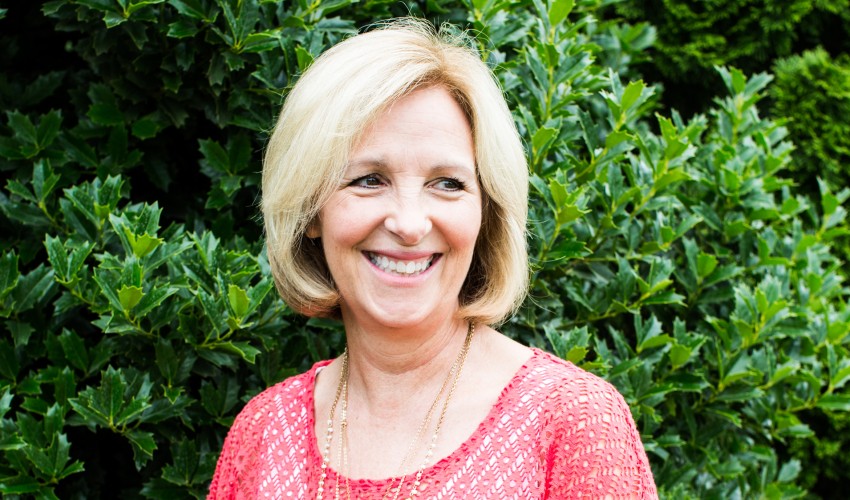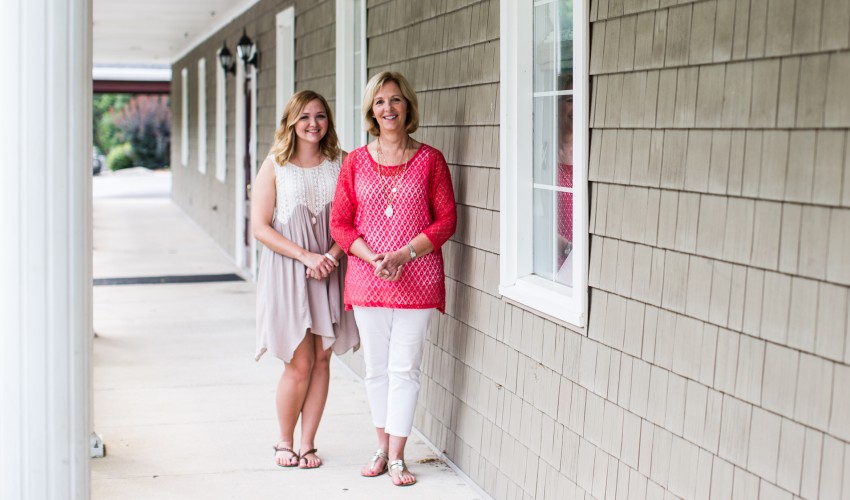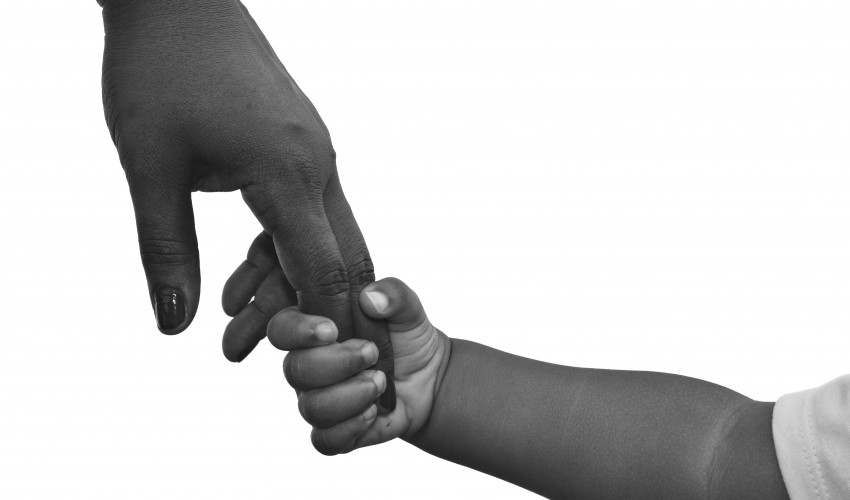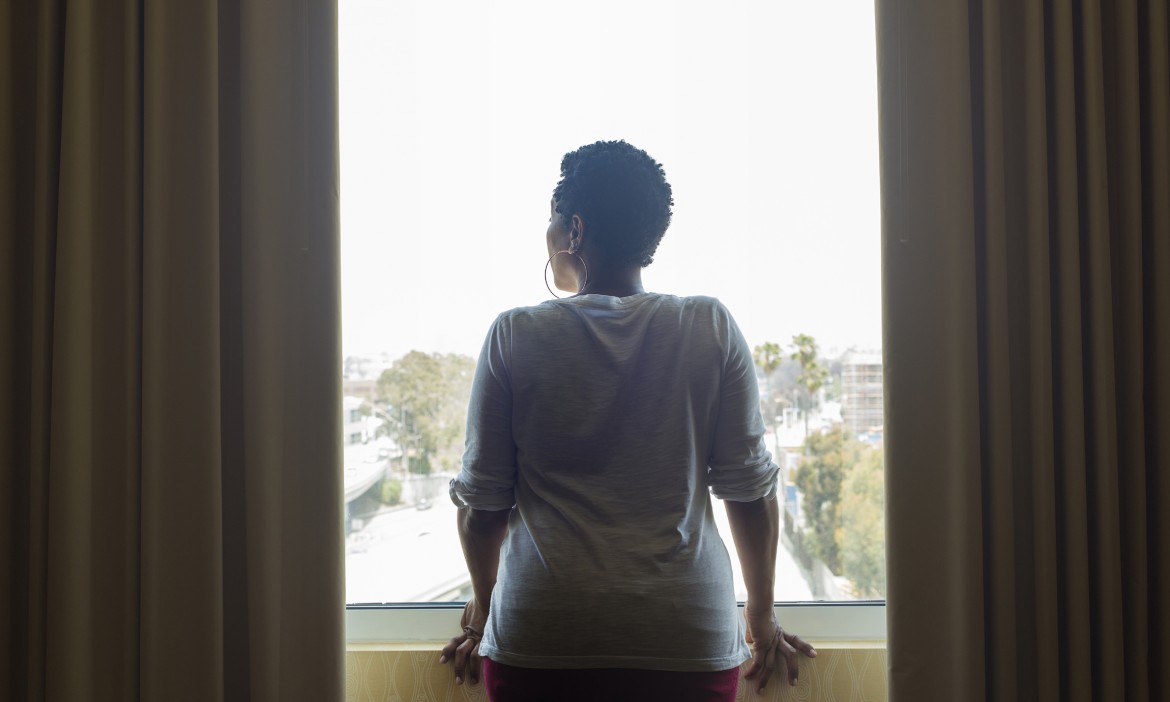Sybil Wilson is no stranger to hospitals.
When her son was a baby, he had neuroblastoma, a childhood cancer that develops when nerve cells cluster and form a tumor.
“James spent the first eight months of his life in the hospital,” says Wilson. “He had to undergo radiation, chemotherapy — all kinds of treatments.”
While those treatments saved his life, they destroyed his kidneys.
So when he was two years old, Wilson gave him one of hers.
The kidney lasted him 15 years, but when James turned 18, it started failing. He went on dialysis, and all his family could do was wait and pray.
That’s when, at 57 years old, Wilson was diagnosed with breast cancer.
Survival mode
“I was diagnosed on Oct. 28, 2014,” she remembers.
“I had a mammogram, and that showed that the cancer was there. I started taking pills that were prescribed to help reduce the size of the mass, and on Dec. 1, I had a partial mastectomy.”
Wilson and her family thought the worst was over, but two weeks later, she got devastating news.
“When I went in for a follow-up, the doctor found traces of the cancer around the removal site,” she says.
“So I was left with just one choice: I had to have a complete mastectomy.”
A double mastectomy is a painful thing — physically and emotionally — for any woman.Add onto that the stress of paying medical bills when treatment makes it hard to keep a full time job and you’ve got a situation that feels impossible to handle alone.
Luckily, Wilson didn’t have to.
When she was diagnosed, one of the nurses at Vanderbilt told her about the Tennessee Breast Cancer Coalition (TBCC), a nonprofit organization that provides financial assistance to people facing difficulties while fighting breast cancer.
TBCC helps breast cancer patients stay afloat in many ways, from preventing evictions to paying insurance premiums.
“I was working at the school as a teacher’s assistant until I got sick, and when I had to leave, I had trouble keeping my insurance going or even paying my electric bill,” says Wilson.
“They helped me do both. I’m not sure I’d have been able to keep my insurance going if they hadn’t been able to help me.”

It’s going to be OK
“We want to offer people the help they need when they need it,” says Jami Eller, executive director of TBCC.
“When someone calls who is really in need, you can hear the hopelessness in their voices; they don’t know what to do. So you just hold their hand and lead them through.”
“The most amazing part of my job is getting to tell someone: ‘It’s going to be OK.’”
Eller and TBCC provide this support using the Emergency Access Fund (EAF), which offers one-time assistance of up to $1,000 per patient.
In the past five years alone, the EAF has donated nearly $450,000 to patients in need.
All of the people they help are different, Eller says, but their reactions are often the same.
“When you call to tell someone their application is approved, you hear that sigh of relief,” she says.
“Hope comes back into their voice, and many get emotional while they’re saying thank you. Many times I’ve just cried along with them! I’m just happy we can do this because I know it changes their whole outlook. Now they think: ‘It’s going to be OK and I’m going to make it through this.’”

TBCC has a full-time staff of just two — Haley Ferrell and Jami Eller — but they affect hundreds of lives each year.
Counting her blessings
For Wilson, the support gave her a renewed sense of hope as she faced her next challenge.
She started chemo immediately following her double mastectomy, and she had her last treatment on March 13, 2015.
She was elated it was over, but little did she know, the best news was yet to come.
“Believe it or not, two days after I finished chemo, they told me they had a kidney for James,” she says.
“Two days later, he had a kidney transplant. My chemo ended; he got his kidney — The timing was just amazing. The Lord had his hand in this.”
James is now 23 and doing well, as is his mother, who is quick to remind people that it takes all kinds of support to beat cancer.
“My family was a great support for me, as were my co-workers at school and the people at TBCC. I was running out of funds, and they helped me,” says Wilson.
“I think it’s a wonderful thing, helping people like me who have cancer.”
“Every time something came up, I had support. As long as you have that, you can go through anything.”




